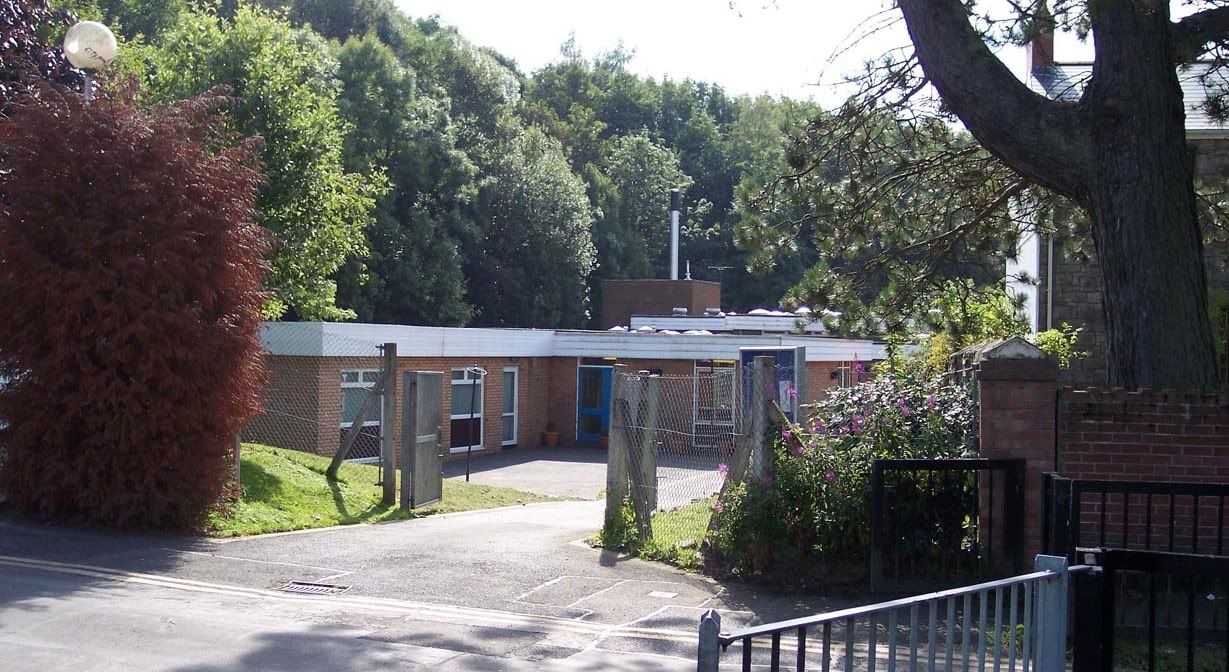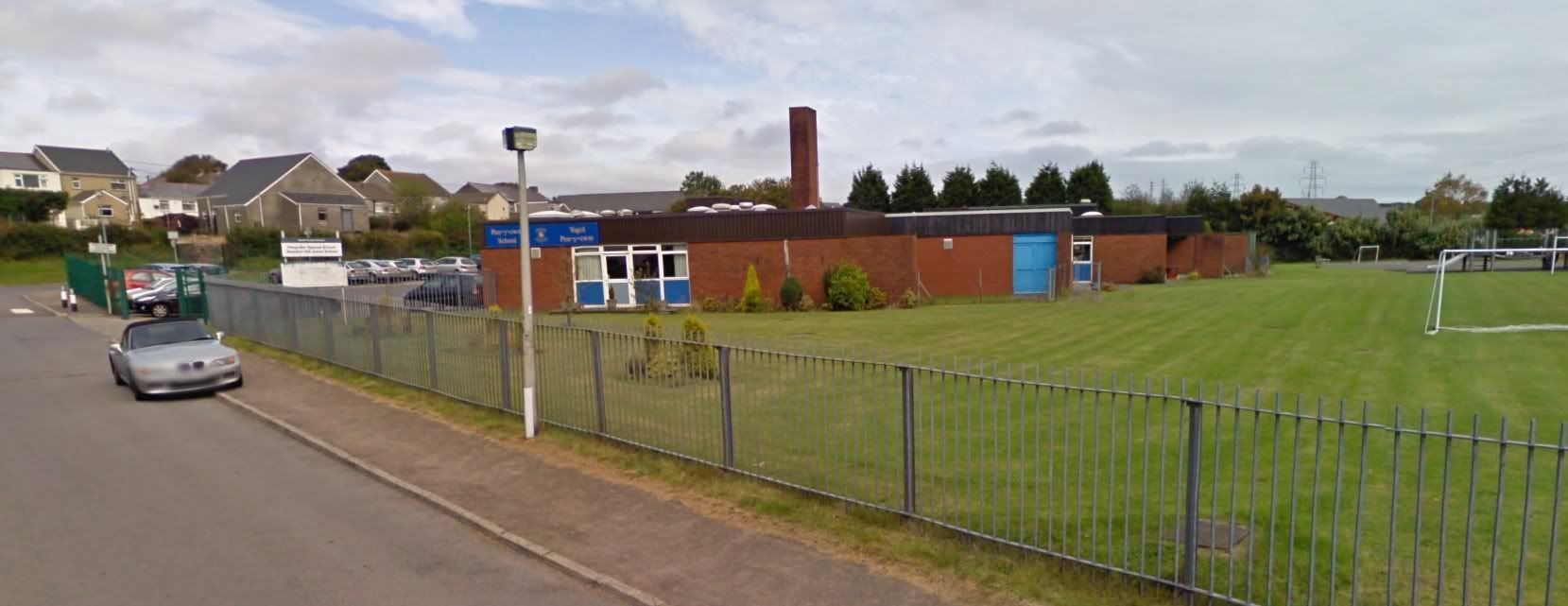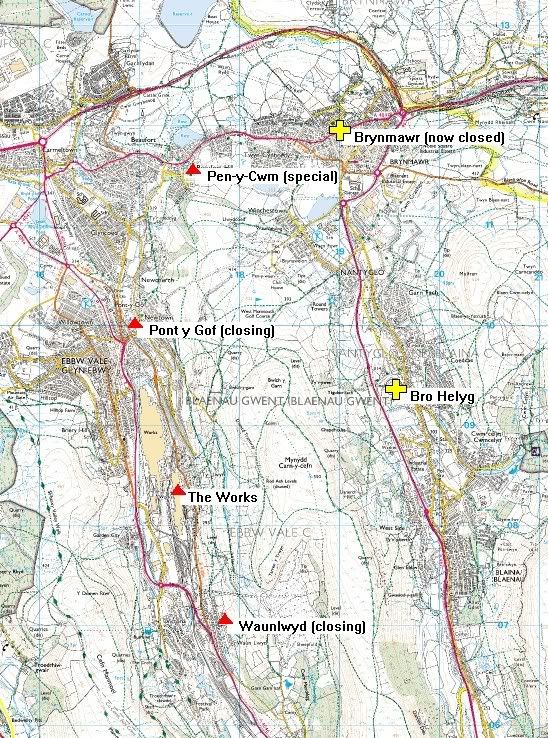It all seemed so reasonable. A few weeks ago 77 prominent Labour figures including 39 MPs put their name to this letter in the Guardian:
Next year we have the opportunity to vote for a fairer voting system – one in which everyone's vote counts and every MP is required to get the backing of a majority of voters. It means that every Labour party member and supporter, in every seat in the country, can cast their vote for Labour and then mark any other preferences, knowing their vote won't be wasted.
First past the post isn't working. When just a few thousand people determine every election result in a few swing seats, the interests of the Labour party and the people we represent go unheard. The alternative vote means the majority get their voices heard; it will shut the door on extremist parties like the BNP.
When people switch off from politics it damages Labour, not the Tories. That's why the Tories don't want fairer votes. They don't want change; they say no! Labour is the party of fairness and change. Labour says yes. It's time for change.
The four Welsh MPs included were Peter Hain, Chris Bryant, Susan Elan Jones and Kevin Brennan.
The sad thing is that the No to AV group have just released their list of Labour MPs who are opposed to the change ... and it is much, much longer with 114 MPs in total including eleven from Wales: Ann Clwyd, Geraint Davies, Chris Evans, Ian Lucas, Alun Michael, Paul Murphy, Nick Smith, Mark Tami, Albert Owen, Nick Smith and Mark Tami.
Should I laugh or should I cry?
What is there to say about a party that simply isn't capable of operating on the issue of principle? In the Yes group, the one thing that seems to matter most is that the Tories are against the Alternative Vote ... which means, to put it more bluntly, that these people in Labour think that AV will be of more benefit to themselves in Labour than to the Tory party.
Unfortunately (I say that because I support the change to AV, even though I would prefer STV) there are even more Labour MPs who think the opposite. Yet the No camp seem to be even more involved in narrow party politics. For example, they say that they:
challenged the Yes to AV campaign to "come clean" on their links to the Liberal Democrats
But what on earth is wrong with being associated with the LibDems on a matter in which fairness should transcend party politics? I can only conclude that whole swathes of Labour MPs, who previously were committed to the Alternative Vote (and in fact went so far as to offer to introduce AV without a referendum if the LibDems got into bed with them rather than the Tories) have changed their minds only because they hope that a No vote on 5 May will put pressure on the ConDem coalition and lead to its collapse.
It's blatant, cheap opportunism that brings politics as a whole into disrepute.









